The Importance and Process of PET Recycling
2023-05-29
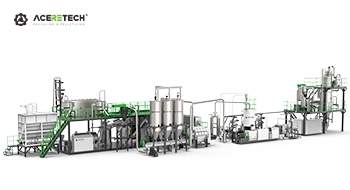
The Importance of PET Recycling
PET recycling is a critical aspect of the sustainable management of plastic waste. PET, or polyethylene terephthalate, is the most commonly used plastic in the world, found in drink bottles, food packaging, and many other products.
The importance of PET recycling lies not only in reducing the amount of plastic waste in landfills and the environment but also in conserving resources and reducing greenhouse gas emissions.
By recycling PET, less energy is required to produce new products, and fewer natural resources are depleted. Recycling a single bottle can conserve enough energy to power a lightbulb for six hours. This not only conserves resources but also reduces the carbon emissions associated with manufacturing new materials.
Furthermore, recycling PET bottles reduces the amount of waste sent to landfills, which in turn reduces the amount of greenhouse gases emitted as the waste decomposes. These gases, primarily methane, contribute to climate change and have a range of negative environmental impacts.
Recycling PET also has significant economic benefits. Recycling plants provide jobs for individuals, and the recycled plastics can be made into a variety of products, including clothing, carpeting, and new bottles, thus creating demand for recycled materials.
Finally, PET recycling is an essential part of sustainable waste management. It promotes a circular economy where materials are recycled and repurposed rather than discarded and wasted. In this way, recycling not only benefits the environment but also strengthens the economy and fosters innovation.
In conclusion, PET recycling is critical for the sustainable management of plastic waste, conserving resources, reducing greenhouse gas emissions, providing economic benefits, and promoting a circular economy. By recycling PET, we can do our part in protecting the planet and creating a sustainable future.

The Process of PET Recycling
PET recycling is a crucial element of plastic waste management worldwide. PET or Polyethylene Terephthalate is a petroleum-based thermoplastic polymer, which is mostly used in producing beverage bottles, food containers, and packaging materials. PET recycling process follows a standardized approach that emphasizes reducing the environmental impact of waste disposal.
The PET recycling process begins with the collection of discarded PET materials, mainly from municipal recycling programs and deposit programs. The collected PET materials are then transported to a recycling facility where they are sorted by color, processed, and cleaned.
The sorted PET materials are then shredded into flakes and washed thoroughly to remove any contaminants. The flakes are then dried, heated, and melted into pellets, which can be used in various industries such as clothing, automotive, and construction.

During the recycling process, PET materials are often combined with virgin PET materials to make a hybrid blend, which then undergoes a process of extrusion and molding, producing new and useful products like fibers, carpeting, and new bottles. This process helps in saving resources, reducing waste, and conserving energy, especially when compared to the process of creating new materials.

PET recycling has several environmental benefits, one being reduced greenhouse gas emissions. Ultimately, recycling PET saves energy, reduces greenhouse gas emissions, conserves resources, serves as an excellent source for new products, and helps create a sustainable circular economy.
The PET recycling industry has seen significant growth over the years, as recycling programs continue to be promoted and expanded. The adoption of new renewable energy sources, technology, and increasing public awareness about environmental and sustainability issues have played a significant role in the development of PET recycling.
In conclusion, the PET recycling process follows a standardized approach that involves sorting, processing, and cleaning of PET materials, which are then re-processed to produce new products. It presents an excellent opportunity to mitigate plastic waste problems, contribute to sustainability efforts, and create a more robust circular economy globally.



.jpg)
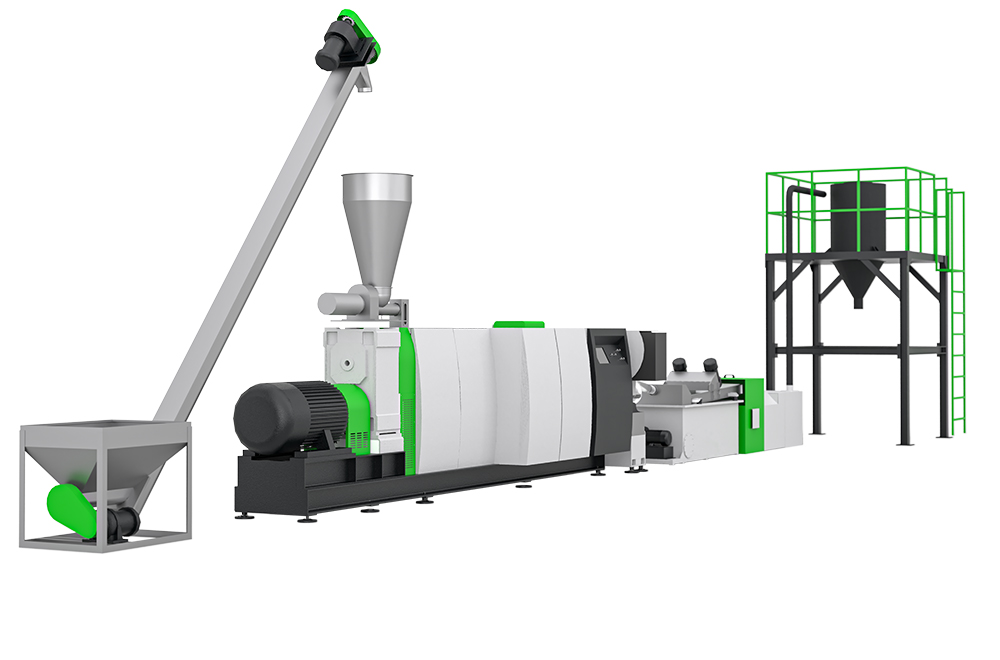
.jpg)
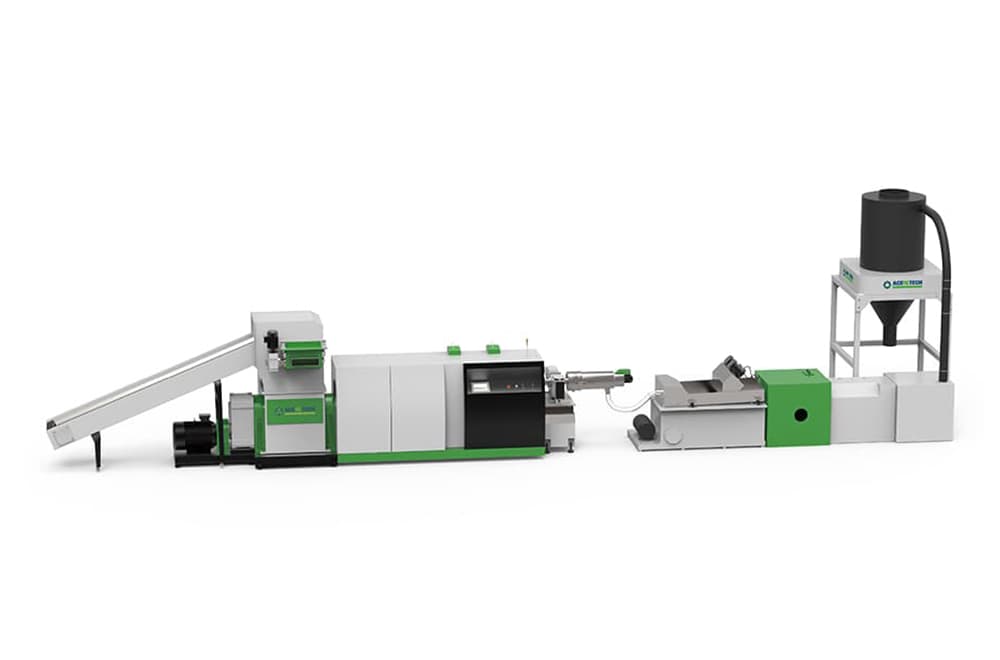
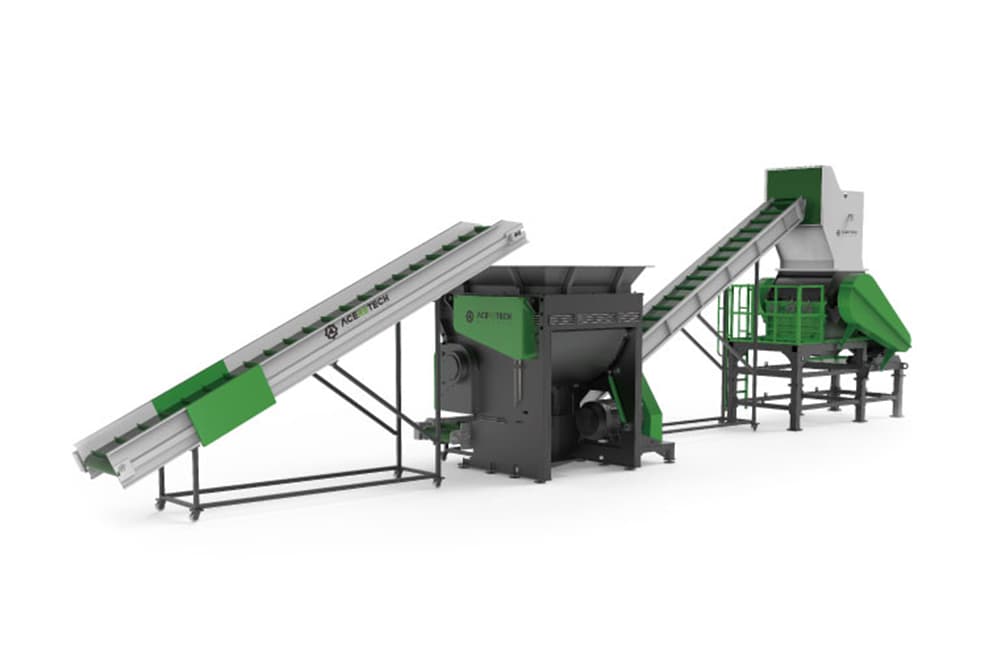
.jpg)
.jpg)
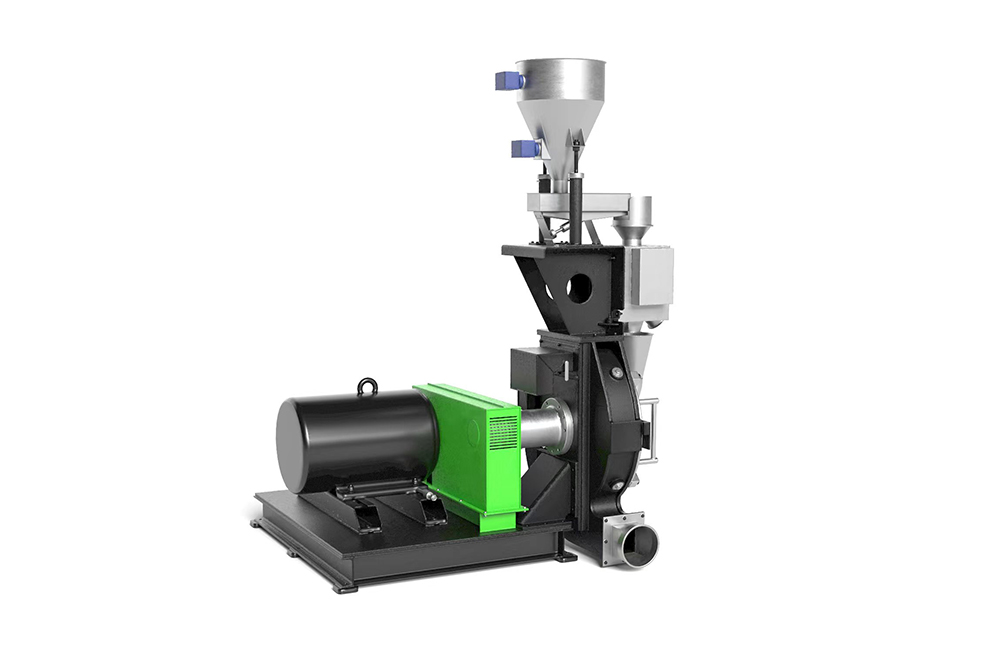
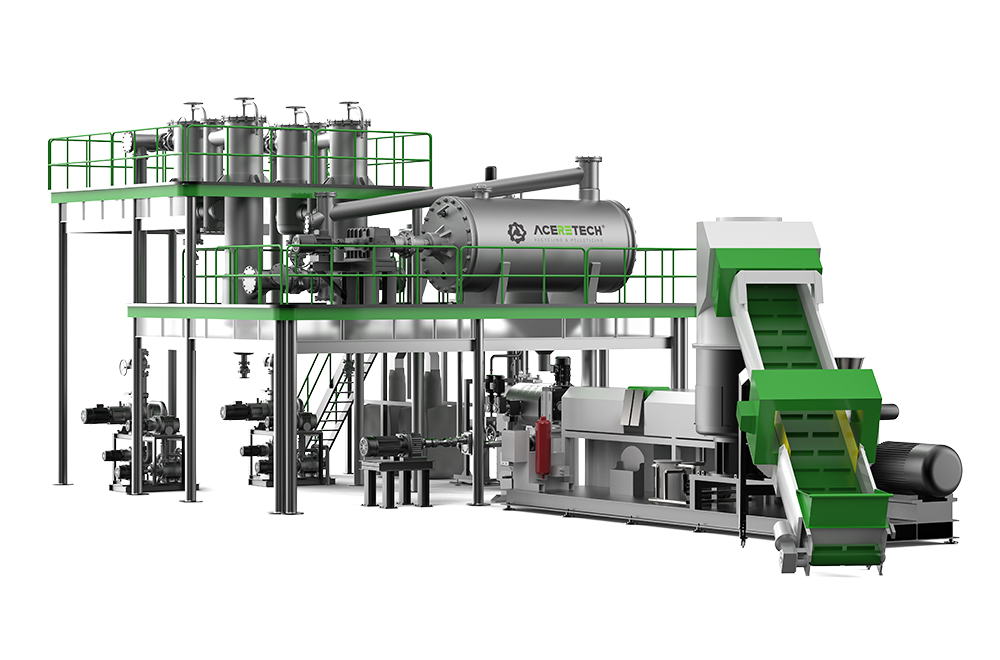
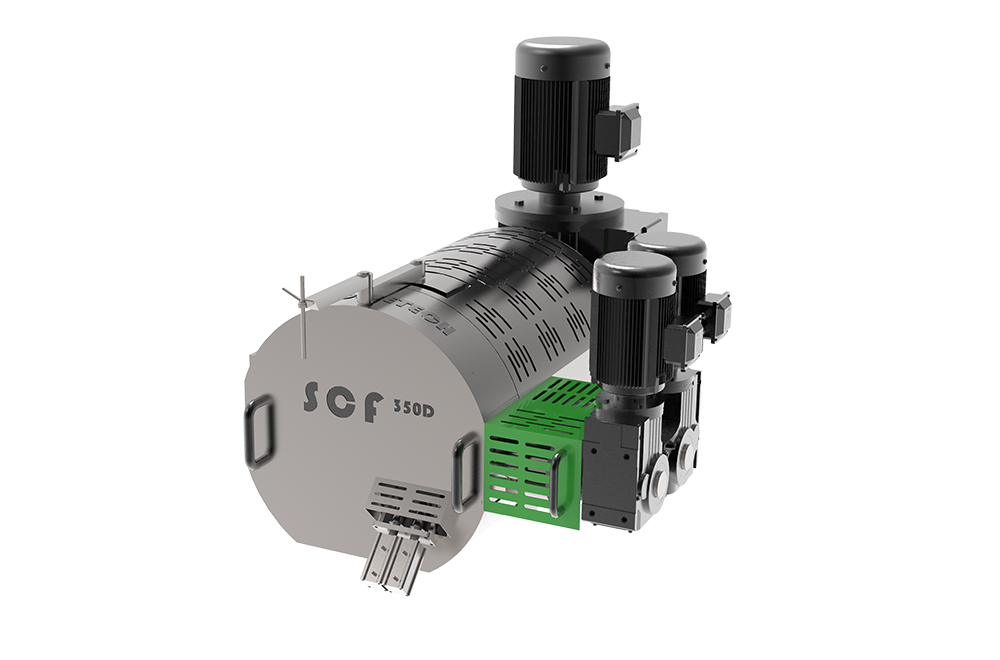
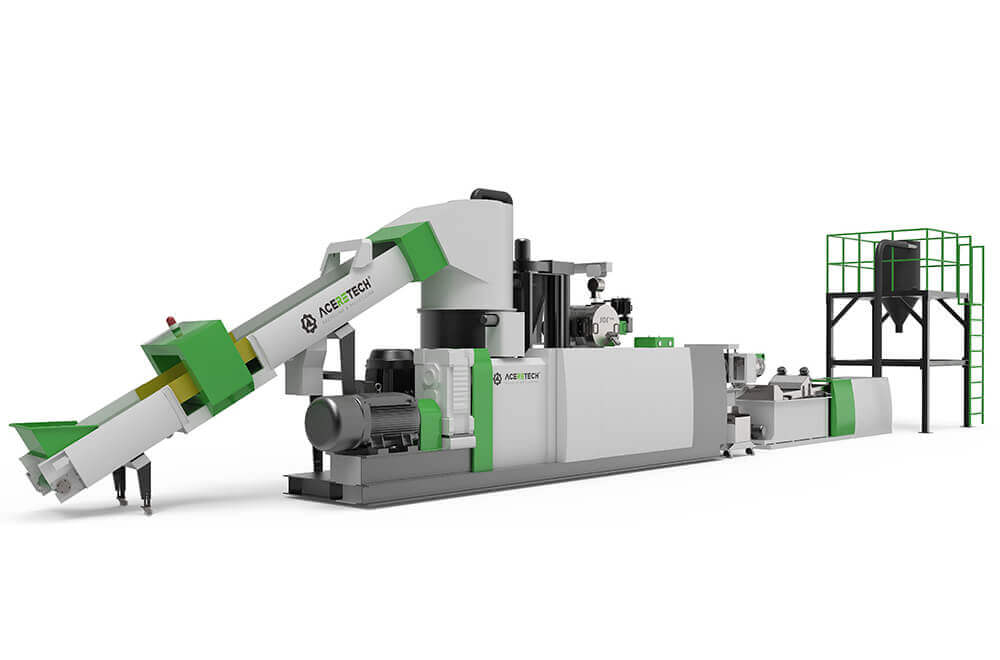
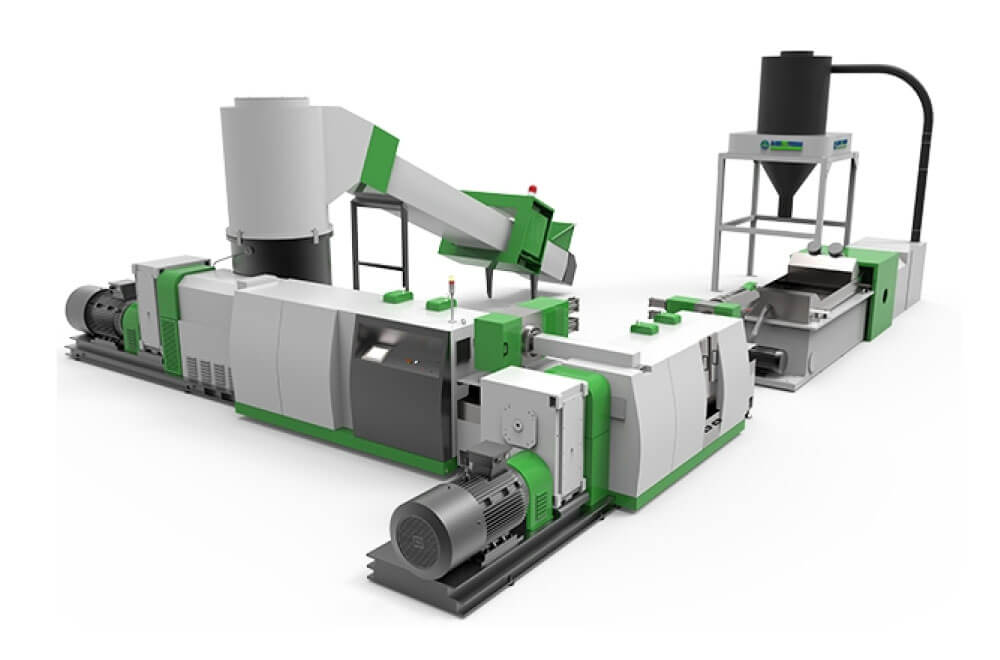
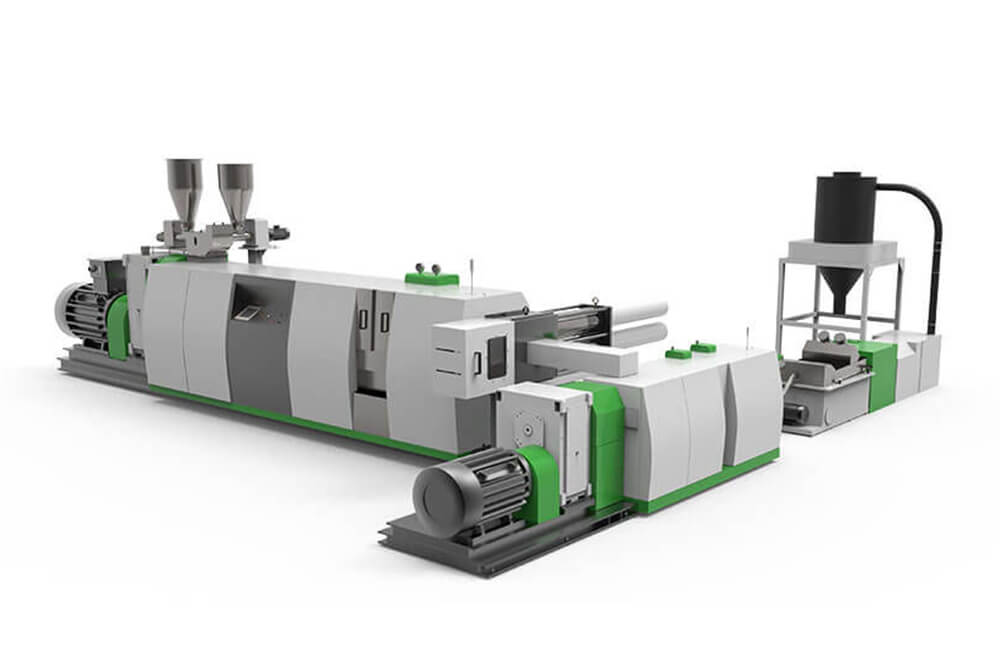
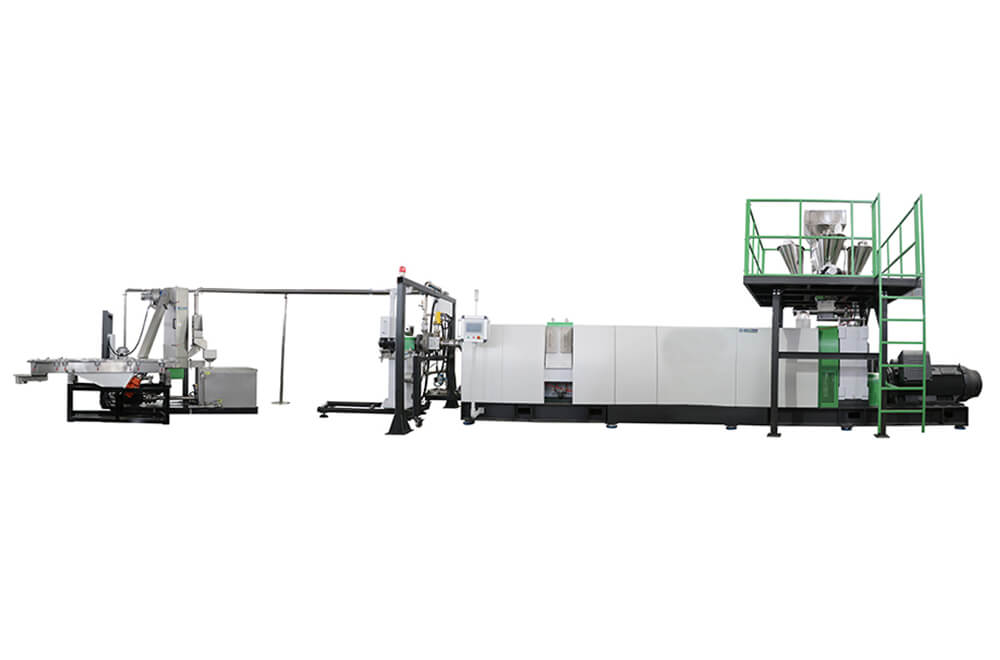
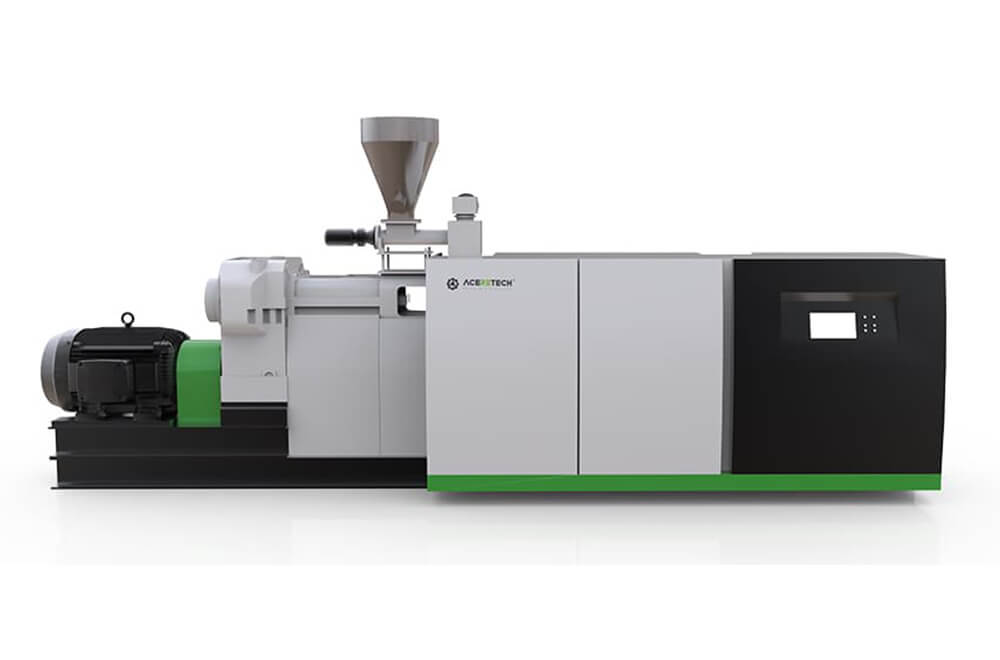
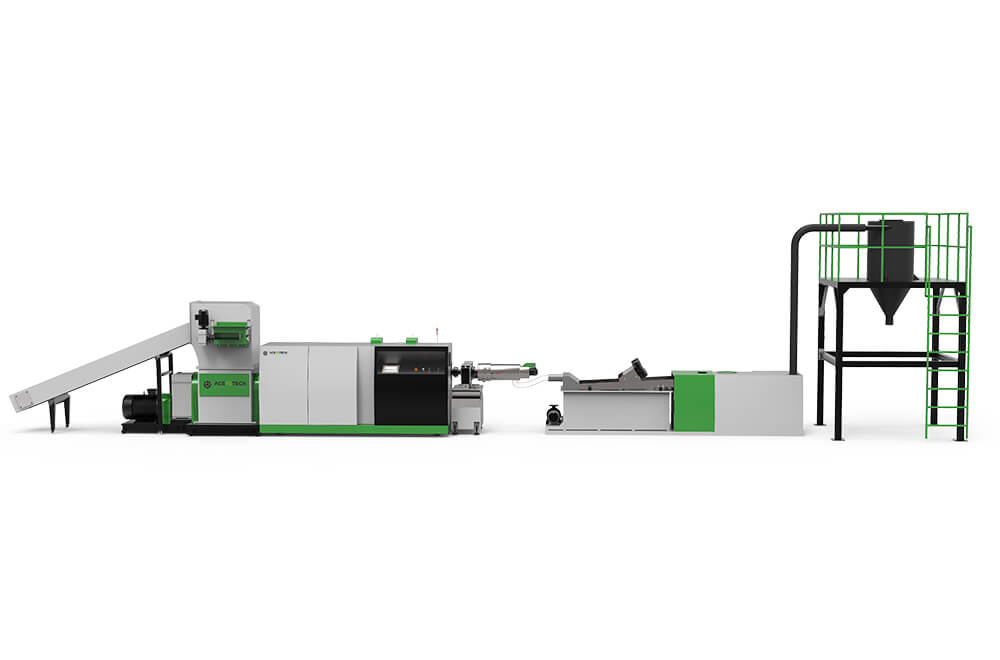
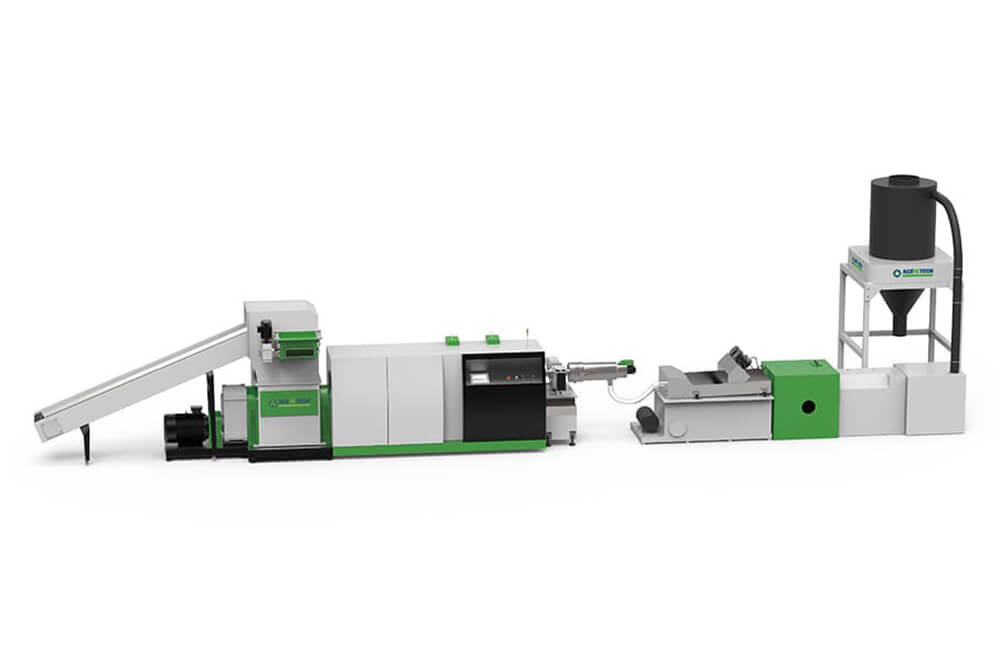

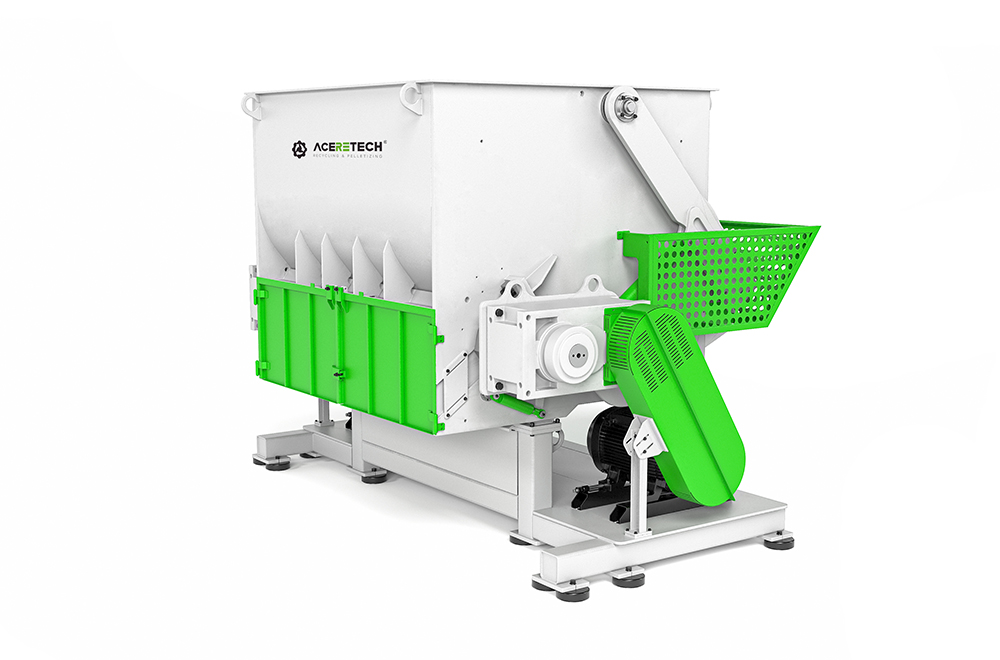
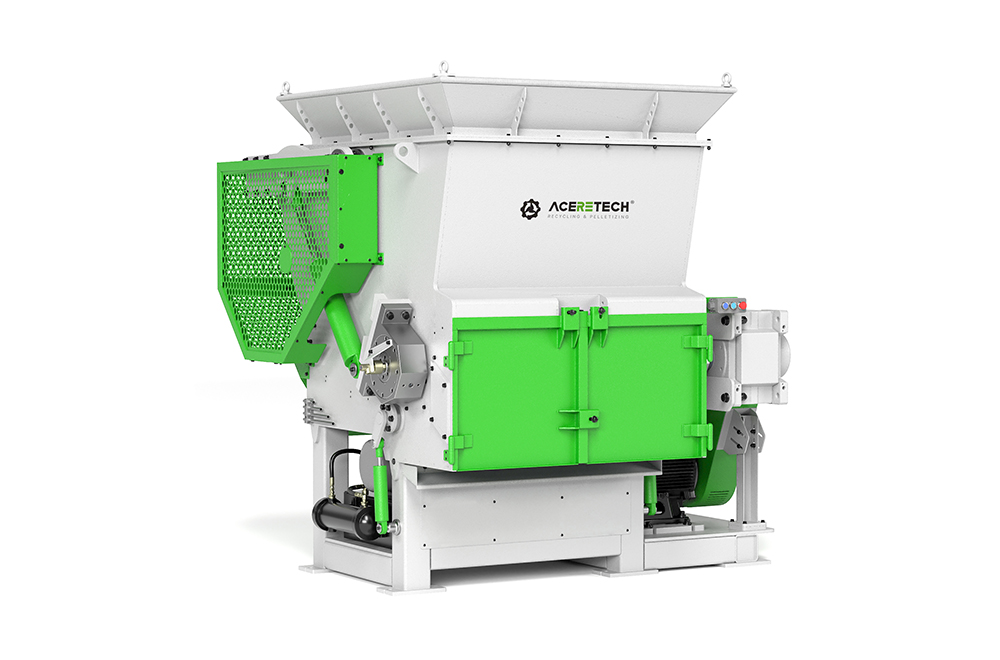
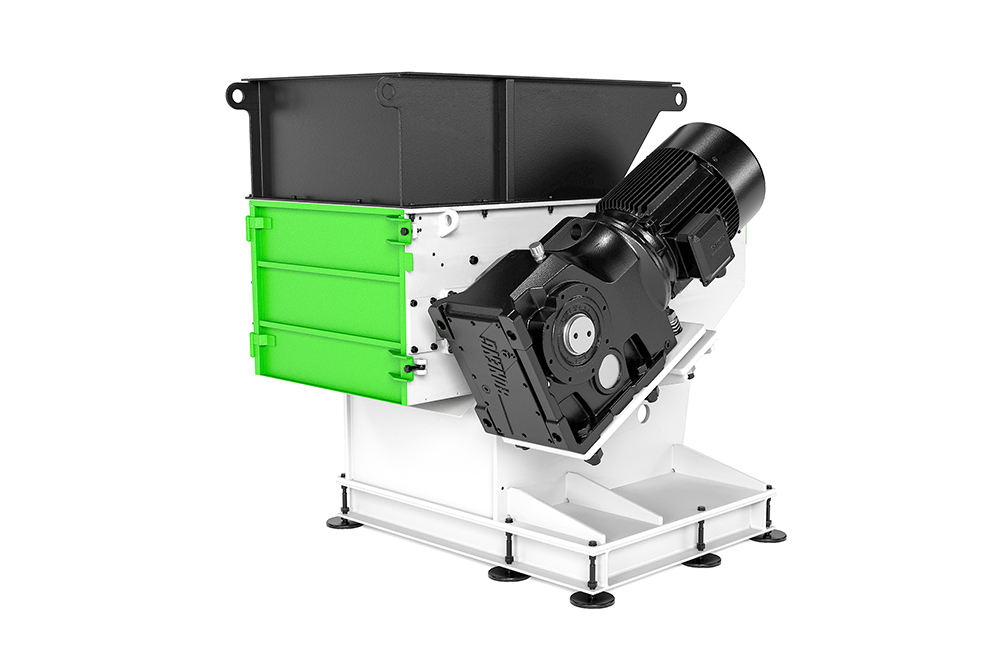
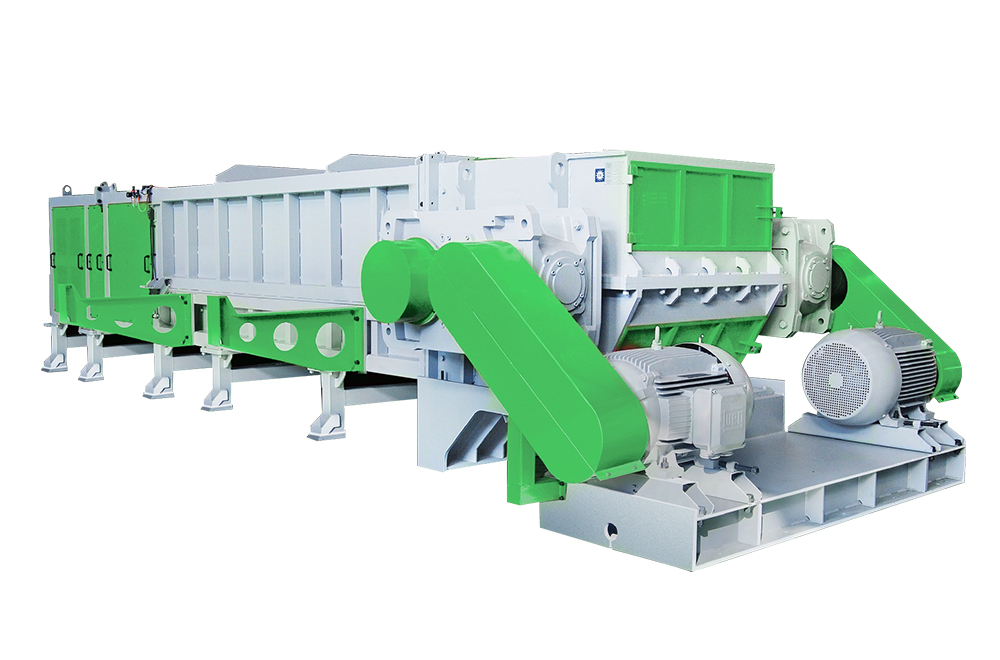
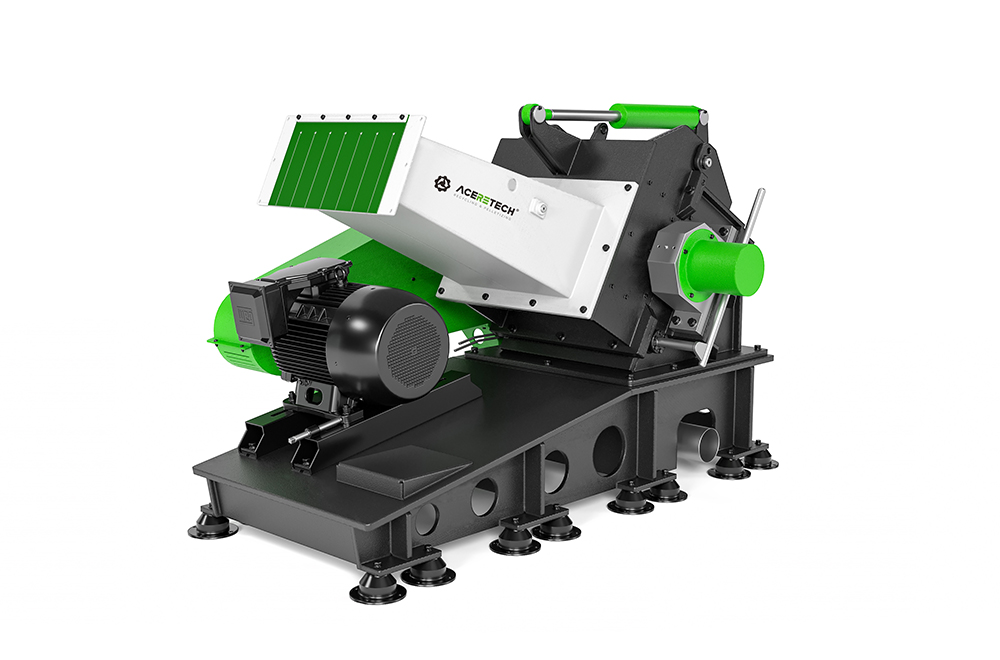
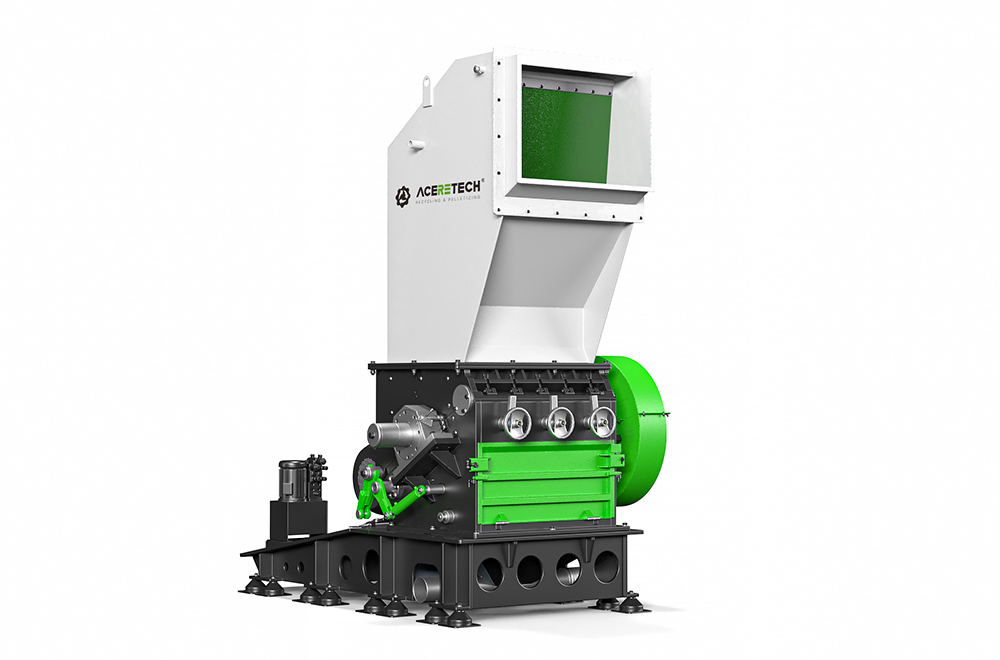
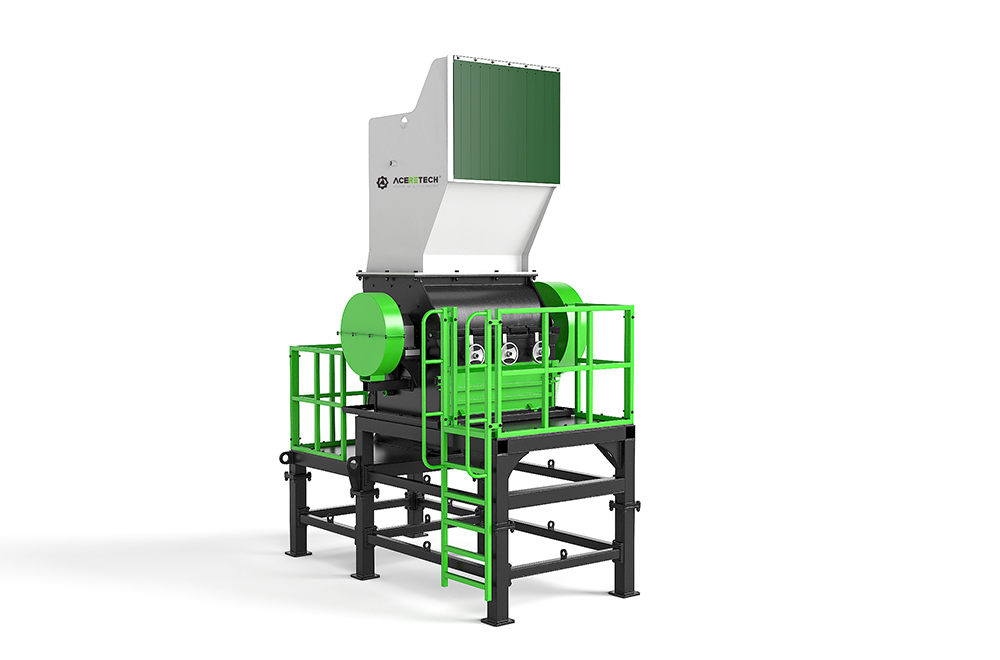
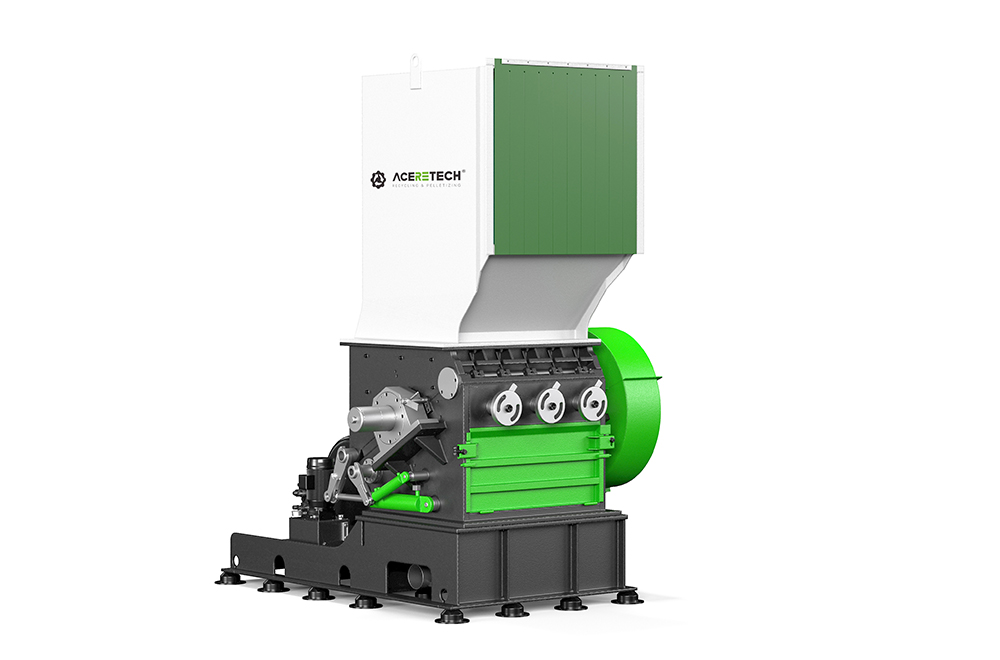
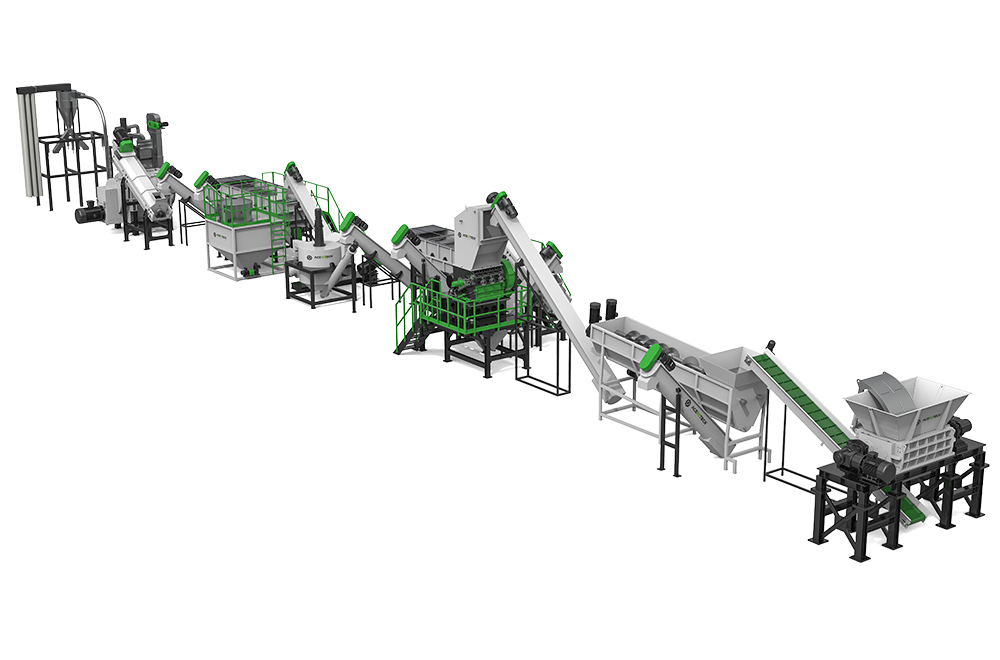
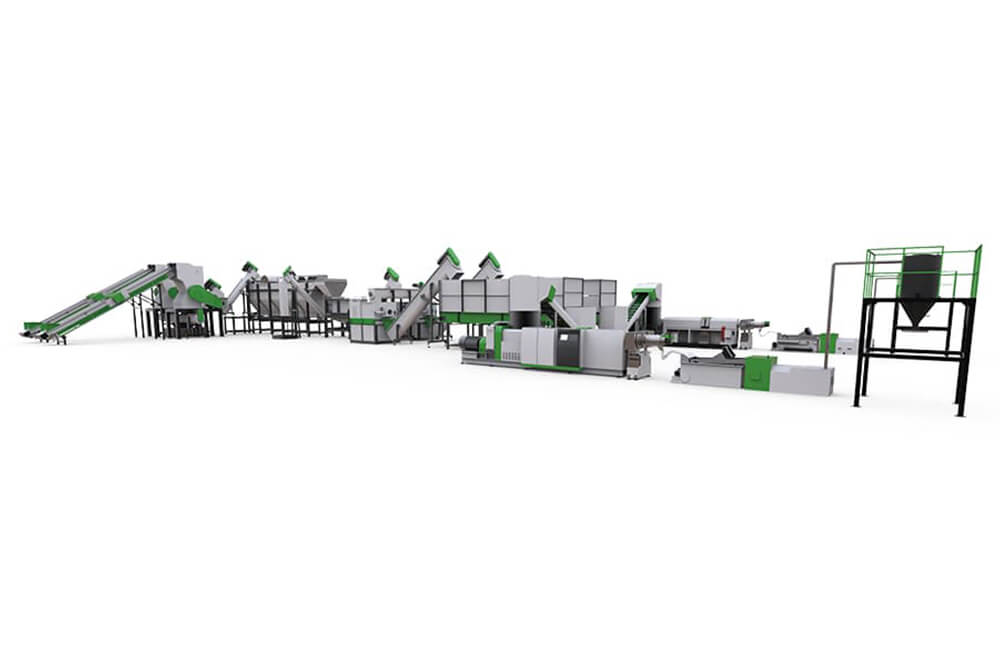
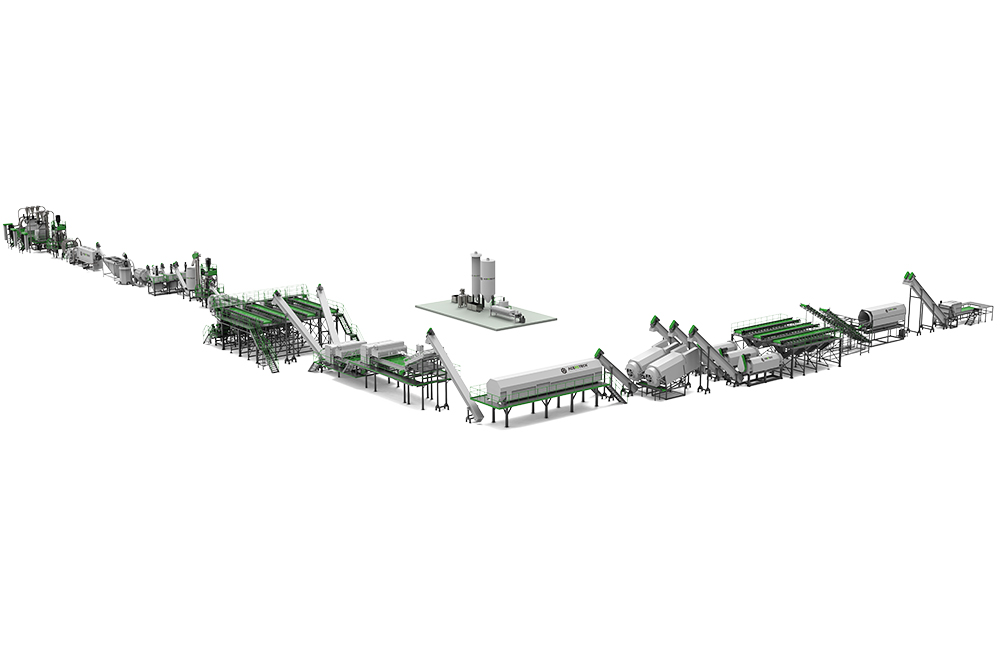
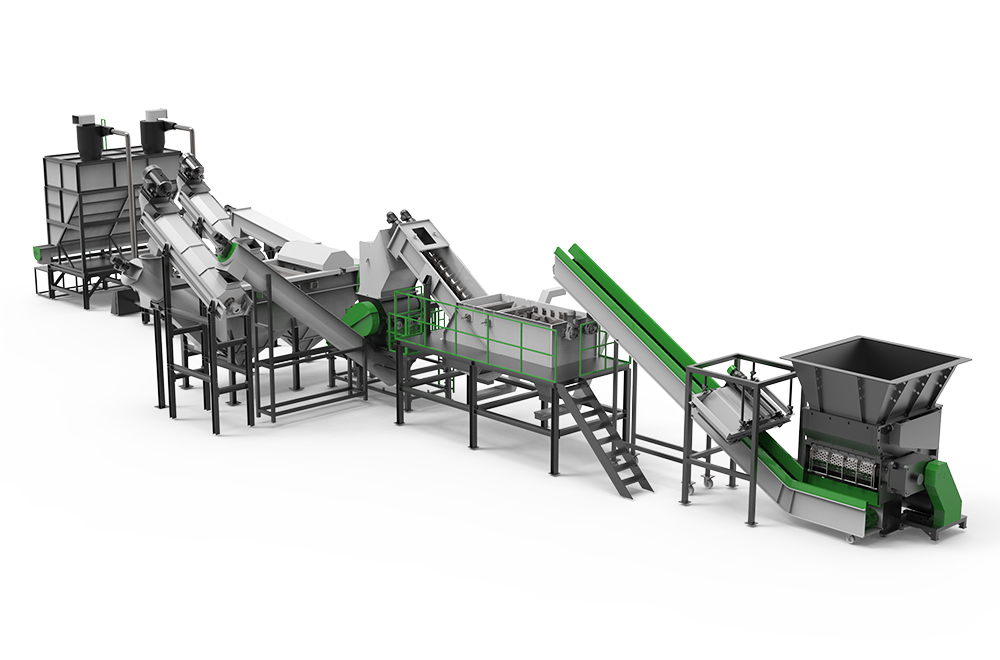
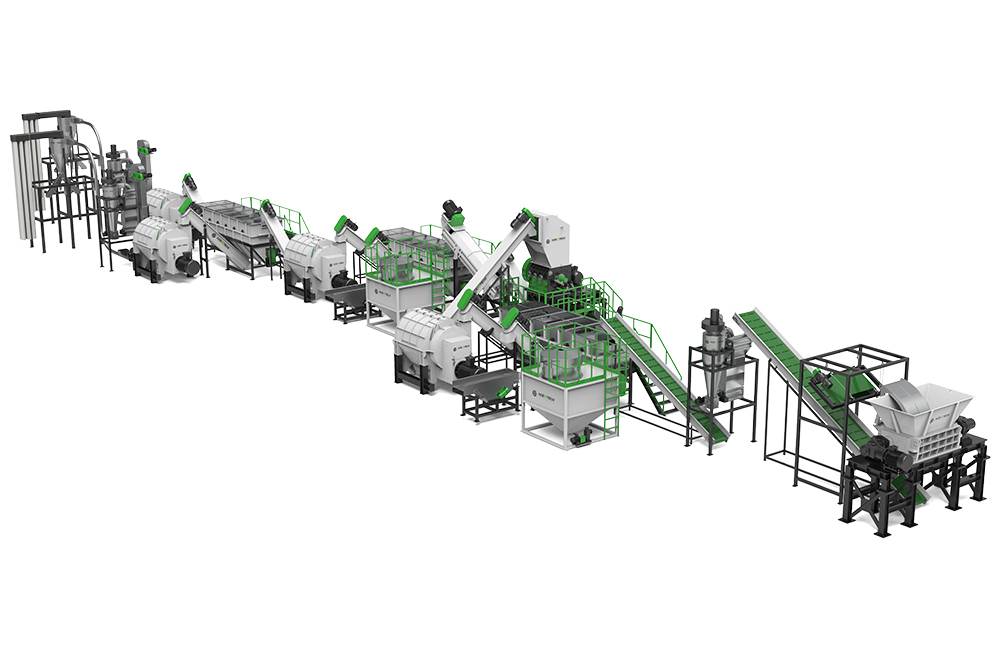
.jpg)
.jpg)
.jpg)
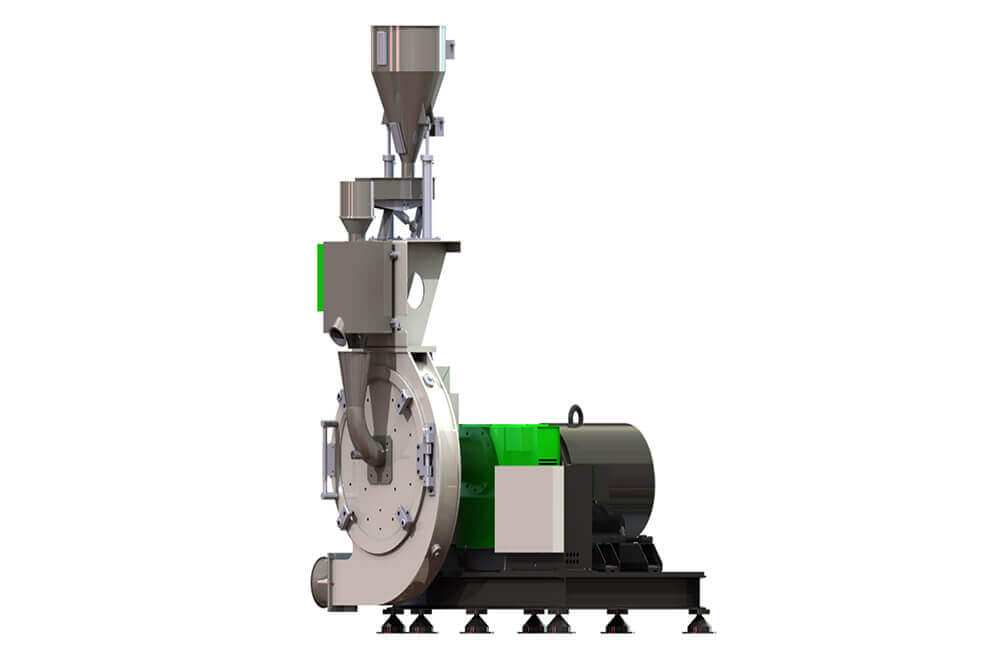
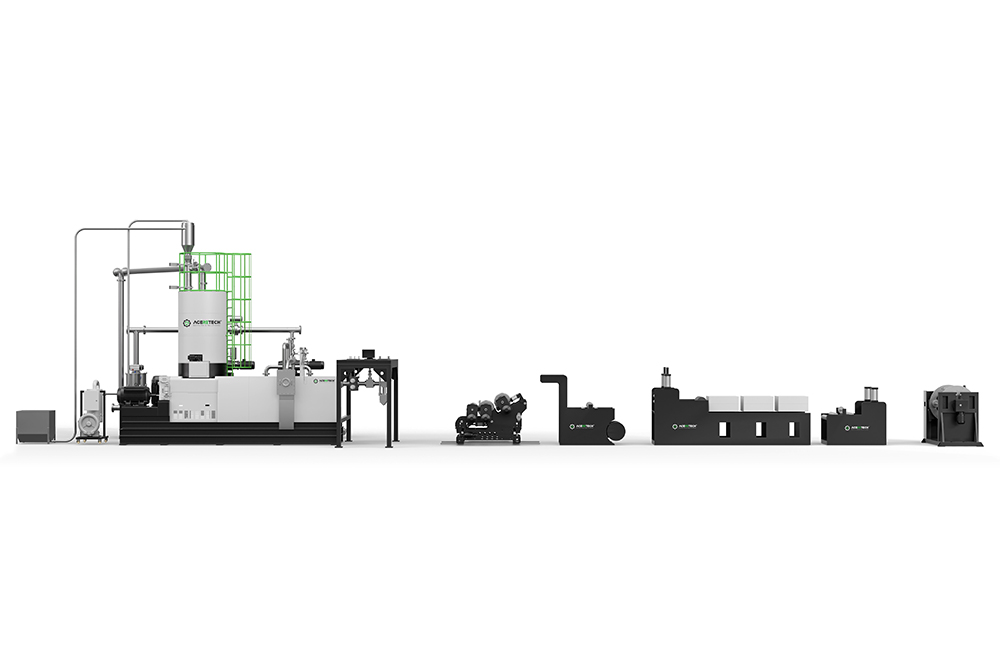
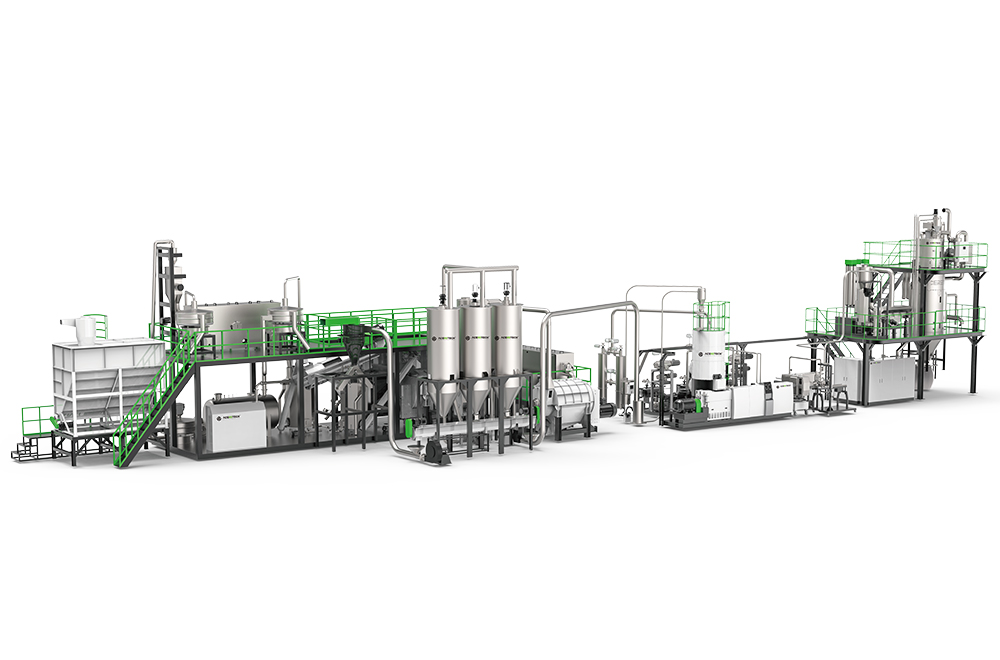
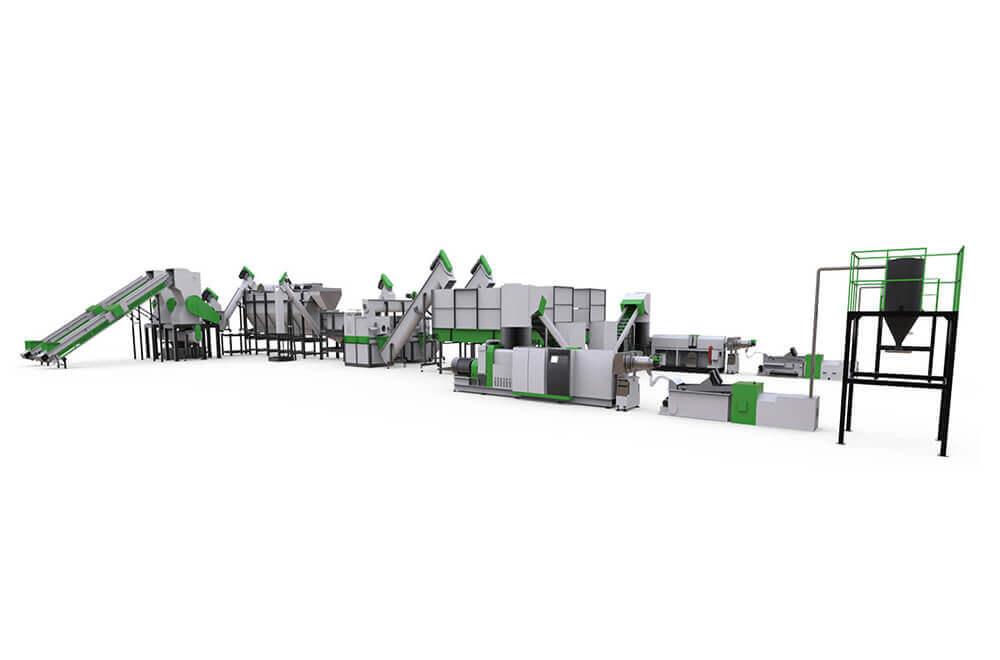
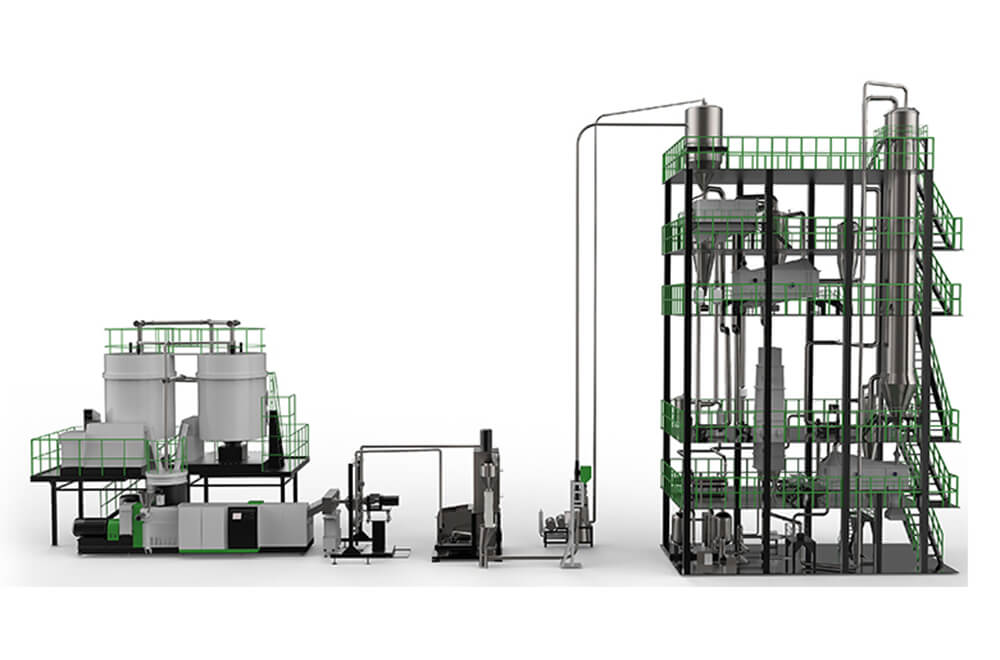
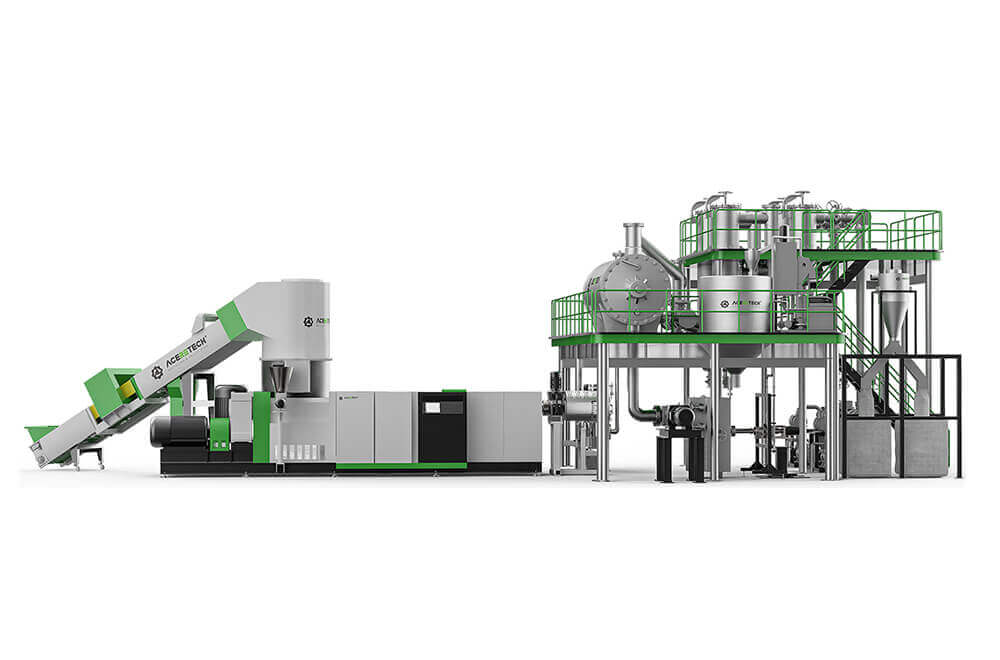
.jpg)

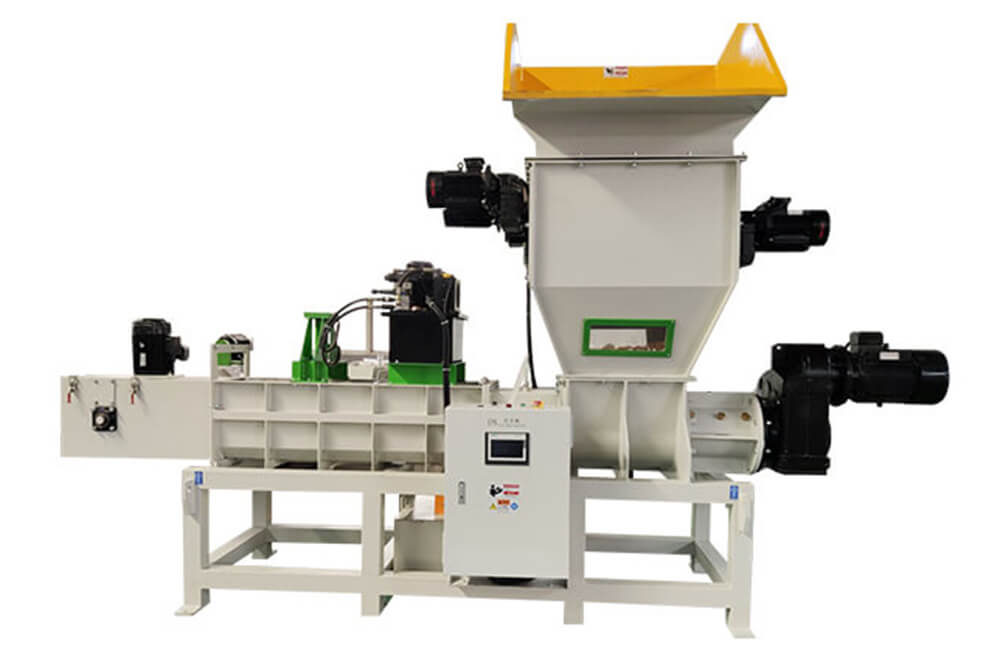
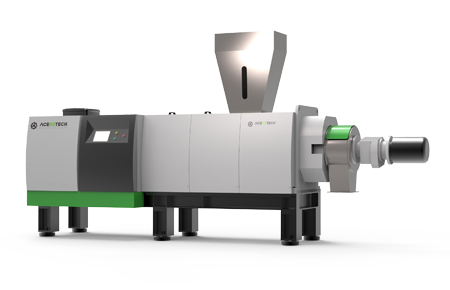
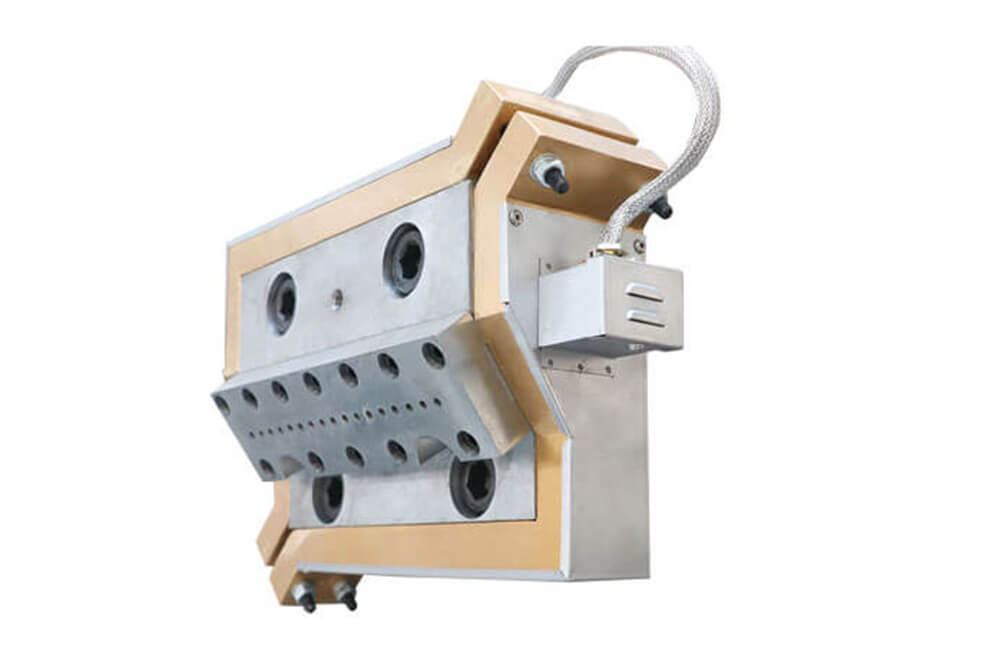
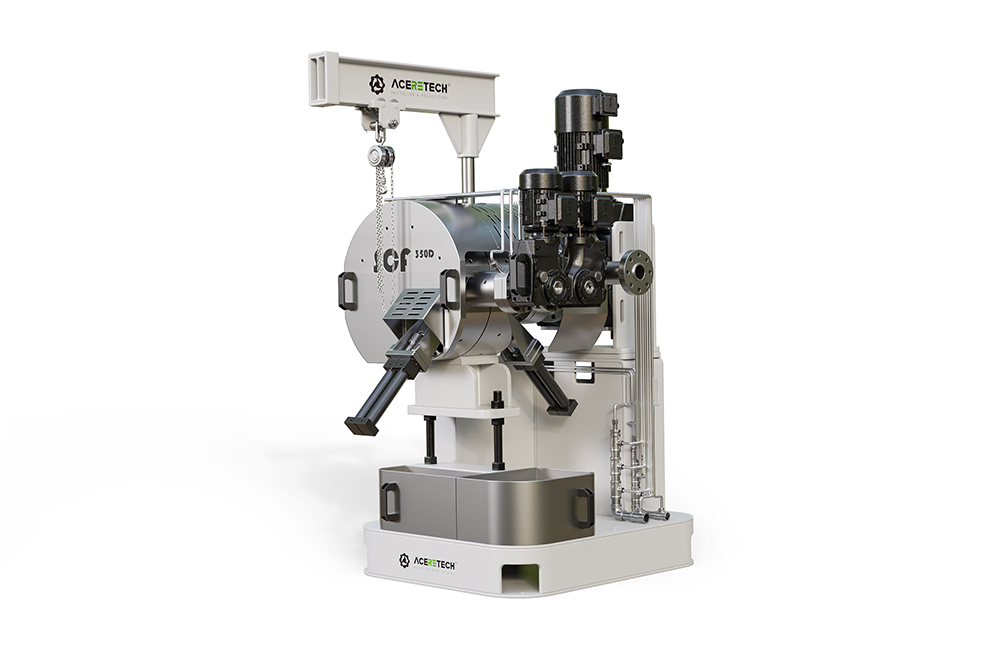
 Contact Us
Contact Us



